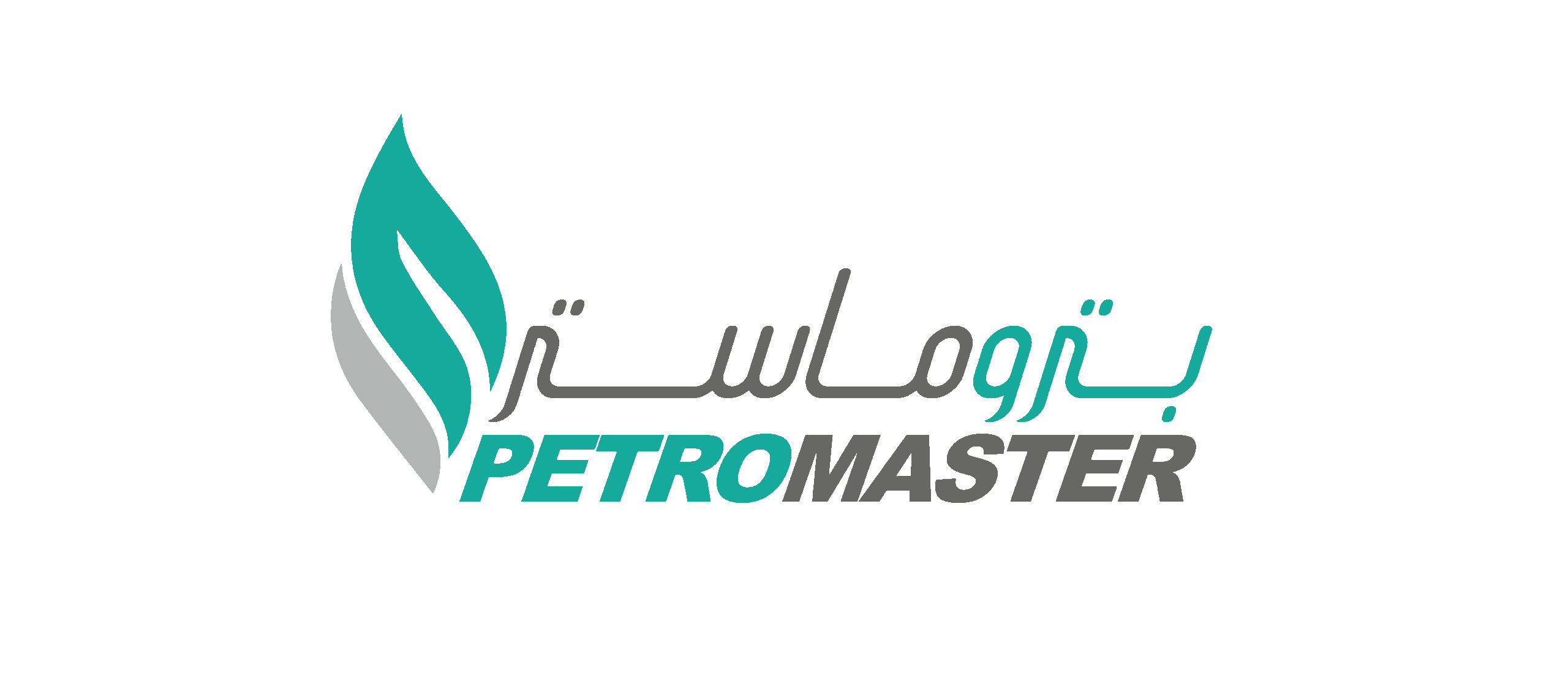
Fitness For Services (FFS) assessments are quantitative engineering evaluations, which are performed to demonstrate the structural integrity of an in-service component containing a flaw or damage. FFS is a methodology whereby flaws contained within a structure are assessed to determine the adequacy of the structure for continued service without failure.
API RP 579-1/ASME FFS-1, Fitness-For-Service is one example of a FFS methodology currently used by industry professionals. In general, most FFS assessment standards are broken into multiple levels. Each successive level (e.g., Levels 1, 2 and 3 of the referenced API 579-1/ASME FFS-1 standard) requires increasing amounts of data, calculations, effort, and cost to arrive at the most accurate outcomes and possible longer equipment remnant life. In addition to calculations, FFS involves the consideration of additional data (e.g. pitting patterns and depths, corrosion morphology or shape and depth, crack depths and lengths, operating conditions, materials properties, etc.). Inspection information is often critical input to a FFS assessment
What types of demands are assessed via FFS?
We have comprehensive integrity analysis coverage for almost all types of damages. Examples of typical damage types covered by our FFS system and our FFS engineers are:
 Brittle Fracture
Brittle Fracture- General Metal Loss
- Local Metal Loss
- Pitting Corrosion
- Hydrogen Blisters and Hydrogen Damage Associated with HIC and SOHIC
- Weld Misalignment and Shell Distortions
- Crack-Like Flaws
- Components Operating in The Creep Range
- Fire Damage
- Dents, Gouges, And Dent-Gouge Combinations
- Laminations
- Fatigue Damage
We work according to the international code API 579-1 / ASME FFS-1 “Fitness-For-Service” published by API and ASME. Depending on the level of complexity in each situation, we distinguish between Level 1 to Level 3 required and we do so always in accordance with API 579-1 / ASME FFS-1.
Providing complete Fitness for Service assessments
 Petromaster Ltd routinely conducts fitness-for-service assessments of pressure vessels, piping systems and storage tanks using API 579 guidelines. Our engineers and associated strategic partners can provide complete fitness-for-service, mechanical integrity, and remaining-life services. These services include field inspections and data collection, laboratory mechanical and chemical testing, and cost-effective engineering solutions.
Petromaster Ltd routinely conducts fitness-for-service assessments of pressure vessels, piping systems and storage tanks using API 579 guidelines. Our engineers and associated strategic partners can provide complete fitness-for-service, mechanical integrity, and remaining-life services. These services include field inspections and data collection, laboratory mechanical and chemical testing, and cost-effective engineering solutions.
Level 1
Basic assessment using simplified but very well defined and formulated quantitative methods to quickly evaluate the fitness for service. Level 1 is used for initial screening or when limited information is available.
Level 2
Intermediate assessment involving more detailed analysis and consideration of specific factors. We apply it when more accurate evaluations are required or when specific defects or damage rise specific concerns about the equipment’s condition.
Level 3
 Advanced assessment employing complex analysis techniques such as finite element analysis and extensive and more detailed NDT data collection. We apply level 3 for highly critical components, complex damage scenarios, or when in-depth analysis and very precise calculations are necessary to ensure safety and reliability. Customers benefit from code compliant and additional tailor made advanced computational algorithms.
Advanced assessment employing complex analysis techniques such as finite element analysis and extensive and more detailed NDT data collection. We apply level 3 for highly critical components, complex damage scenarios, or when in-depth analysis and very precise calculations are necessary to ensure safety and reliability. Customers benefit from code compliant and additional tailor made advanced computational algorithms.
Benefits of Fitness-For-Services:
By evaluating the condition of equipment or structures, FFS can help save money by mitigating liabilities in the following ways:
Extending the Service Life:
FFS assessments can identify the remaining life and suitability for continued operation of aging equipment or structures. By demonstrating that the equipment or structure can still safely perform its intended function, FFS can prevent premature replacement or unnecessary repairs, thus saving significant costs.
Avoiding Unplanned Downtime:
FFS evaluations can identify potential flaws, defects, or damages that could lead to failure during operation. By detecting these issues in advance, appropriate maintenance or repairs can be scheduled, reducing the risk of unexpected failures and associated downtime costs.
Preventing Catastrophic Failures:
FFS assessments assess the structural integrity of components or structures, identifying critical flaws, cracks, or defects that could lead to catastrophic failures. By identifying and addressing these issues, FFS can prevent accidents, injuries, or damage to property, avoiding potential legal liabilities and associated costs.
Contact us for further information at info@petromaster-sa.com



